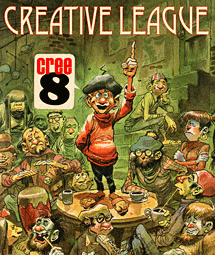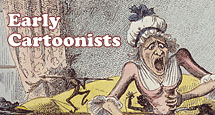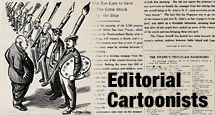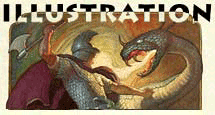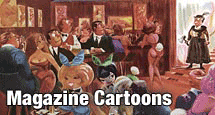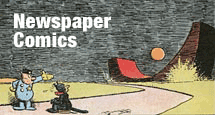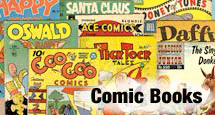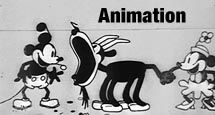Our February/March Reference Pack will be going online this weekend and RefPack037 will be removed from the server. If you haven’t downloaded it yet, do it now before it’s too late.
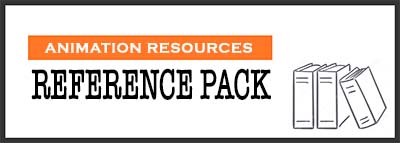
Every other month, Animation Resources shares a new Reference Pack with its members. They consist of an e-book packed with high resolution scans and video downloads set up for still frame study. Make sure you download the Reference Packs before they’re updated. When it’s gone, it’s gone!
JOIN TODAY To Access Members Only Content
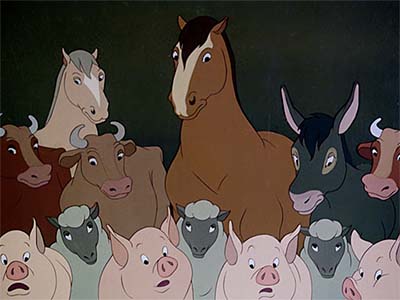
Animation Resources has just posted its 37th RefPack! COVID-19 has made it difficult for volunteers to digitize and prepare e-books, so this time we are focusing on videos. We have two wonderful feature films for you to study. First up is a British animated feature based on George Orwell’s anti-Stalinist fable, “Animal Farm”. John Halas and Joy Batchelor produced the film with a crew of over 80 artists and it took three years to complete. It’s a forward thinking and efficient animated film with simplified backgrounds and brilliant layouts. We think you will learn a lot from this stylish and efficient animated feature, and hopefully it will inspire you to create films with a more adult point of view.
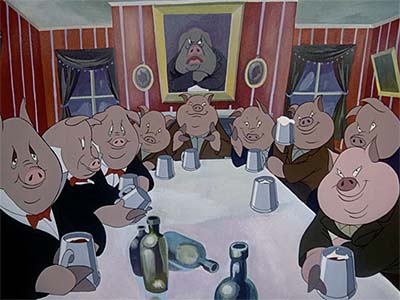
JOIN TODAY To Access Members Only Content
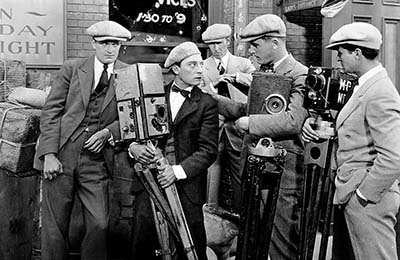
At Animation Resources, we often speak of animation’s many links to drawing and painting. But it shares an even closer kinship with live action movie-making. Cinematic principles are just as important as the fundamentals of drawing. The best source of information on this is the study of live action movies. The range of subject matter in animation is very narrow… talking dogs, princesses, and superheroes account for most of it. But in live action, the range is infinite… westerns, horror, crime, science fiction, romance, comedy, documentaries, musicals… you name it. There is no better place to start than to examine the role of the cinematographer in live action film making. The camera is the viewer’s eye, and the Director of Photography chooses how the audience sees the action on the screen. In this Reference Pack, we are presenting a rare documentary titled Visions Of Light to introduce animators to the rich visual language of live action films. This documentary includes clips from some of the most important films of all time. It would be a good idea to take this documentary as a jumping off point for your research. What better way to spend a pandemic lockdown than by studying great film making?
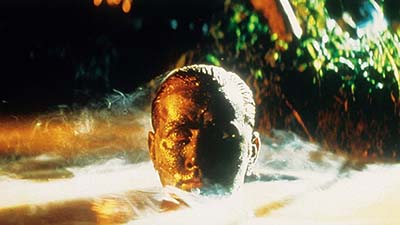
JOIN TODAY To Access Members Only Content
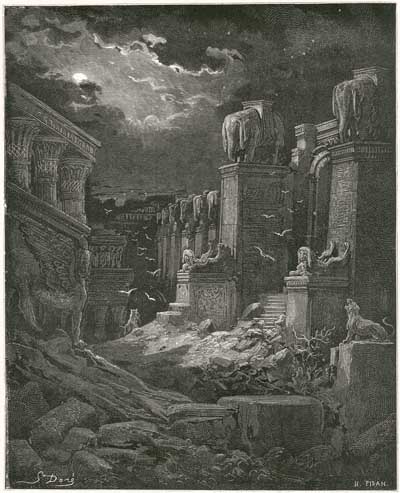
Our bonus download this month is a fabulous e-book of high resolution images by one of the greatest illustrators who ever lived, Gustave Dore. In 1847, Dore decided he wanted to create a book of engravings based on a great literary work, Dante’s Inferno. He visited the offices of Louis Hachette, the most successful publisher in Paris. Even though no book up to that point had sold for more than 15 Francs, Dore told Hachette that he wanted to produce a deluxe oversize book of engravings that would sell for 100 Francs. The publisher scoffed at the idea and assured him that no book would ever sell at that price. But Dore called his bluff, offering to pay the printing and binding expenses if Hachette would manufacture and distribute the book for him. Dore created 76 full page engravings for Inferno, and financed a print run of 100 large format books. Within two weeks, the first printing had sold out and Hachette was eager to eat his words and publish the book on Dore’s terms. With a team of the greatest available engravers working under his supervision, Dore went on to create iconic engravings for Don Quixote, Baron Munchausen, Fontaine’s Fables, Milton’s Paradise Lost and the Bible, among many others. In just three years, he produced over 2,000 engravings, and continued to maintain an incredible pace for another two decades.
The influence of the imagery of Gustave Dore can be seen in classic movies like Intolerance, King Kong, Great Expectations and The Ten Commandments. Despite the fact that Dore’s engravings are nothing more than lines etched in black and white, he achieved a remarkable sense of scale, depth and mass, as well as truly spectacular lighting effects. It’s no wonder that the masters of epic filmmaking, D.W. Griffith, Cecil B. DeMille and David Lean referred to Dore’s illustrations for their set designs. Stop-motion animators, Willis O’Brian and Ray Harryhausen have cited Dore as one of their main influences as well.
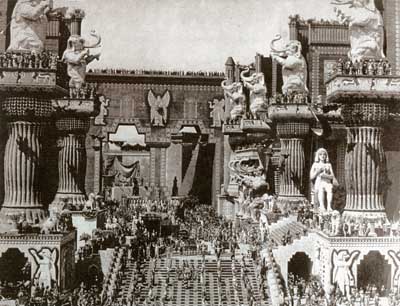
Set design for D.W. Griffith’s "Intolerance" (1916).
See Dore’s depiction of Babylon above.
JOIN TODAY To Access Members Only Content
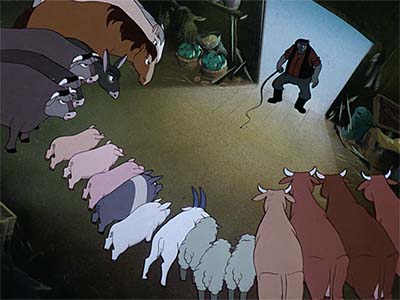
At Animation Resources, our Advisory Board includes great artists and animators like Ralph Bakshi, Will Finn, J.J. Sedelmaier and Sherm Cohen. They’ve let us know the things that they use in their own self study so we can share them with you. That’s experience you just can’t find anywhere else. The most important information isn’t what you already know… It’s the information you should know about, but don’t know yet. We bring that to you every other month.
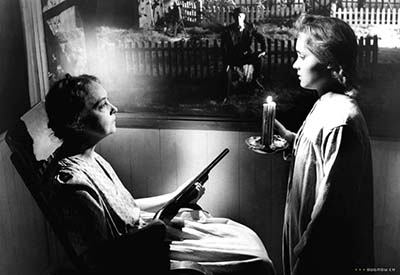
JOIN TODAY To Access Members Only Content
Haven’t Joined Yet?
Check out this SAMPLE REFERENCE PACK! It will give you a taste of what Animation Resources members get to download every other month!
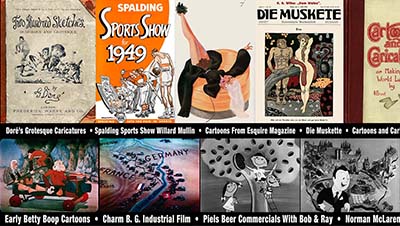
CLICK TO DOWNLOAD a sample RefPack!
Animation Resources is a 501(c)(3) non-profit arts organization dedicated to providing self study material to the worldwide animation community. If you are a creative person working in animation, cartooning or illustration, you owe it to yourself to be a member of Animation Resources.





